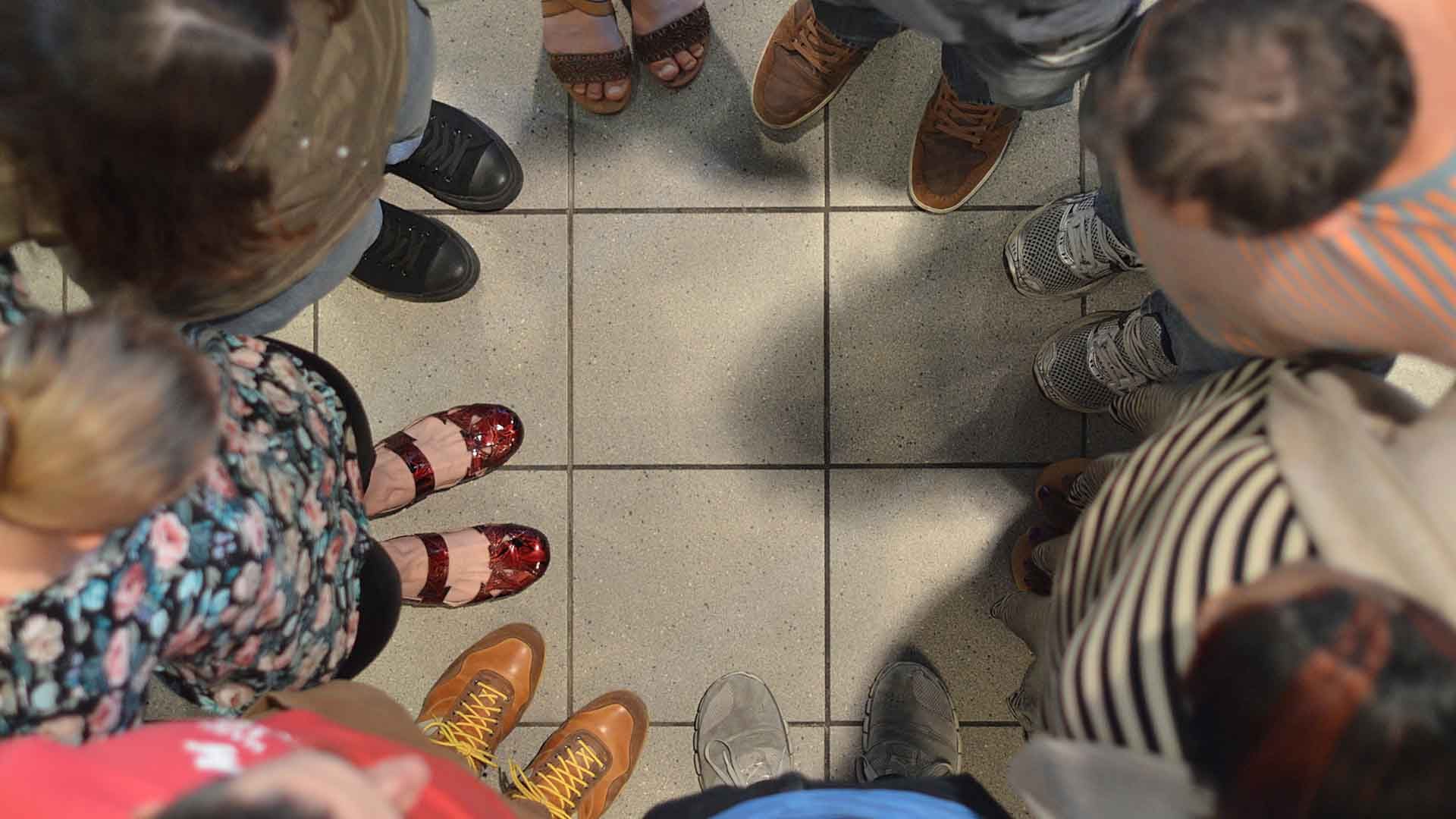Forming multi-ethnic churches seems to be appealing at first, but unless believers grasp the profound joy of pursuing diversity, the challenges of this type of ministry will quickly deflate them.
Churches that desire a more multi-ethnic membership desire a good thing, but it’s not easy. Some churches are located in areas with virtually no ethnic diversity. Other churches across the spectrum still have leadership or laity who actively fight against any mixing ethnicities in their congregation. Still more churches may have the desire but lack the resources to effectively pursue multi-ethnicity.
While these problems are real, the right motivation can help churches persist in the call to multi-ethnicity. But people often have the wrong motivations. Guilt can be a motivation—-this is especially true for people in the racial majority. The argument goes: “Whites have marginalized and oppressed blacks for so long, churches need to make it right by ‘reaching out’ to different races and ethnicities.” While guilt has its place, this emotion will hardly give churches the determination they need to persevere through the difficulties of becoming multi-ethnic.
Another common motivation is fear. Christians fear lots of things about being in a mono-ethnic church. We fear that as neighborhood demographics change we will lose people. We fear that we will become irrelevant in the community. We fear being racist, or classist, or elitist. Fear, too, has its place. But that won’t keep churches moving toward a multi-ethnic vision.
We need to be reminded of the joy of diversity. We need to keep that joy before us so it can motivate us for the marathon that is multi-ethnicity ministry. Here are six joys of pursuing a multi-ethnic make-up in churches.
1. You become more racially, ethnically, and culturally savvy.
In a healthy multi-ethnic church it becomes acceptable to talk about differences in race, ethnicity, and culture. Continual interactions with people different from you makes you into a person who is more sensitive and aware of culture and ethnicity. You make fewer missteps and feel less awkward when engaging people across racial and cultural gaps.
2. Your church becomes a safe haven for lots of different people.
Regardless of one’s ethnicity, everyone wants to worship in a place that feels “safe.” As an African American who longs for biblical teaching and preaching I do not feel at home in church that has erroneous theology but is more culturally familiar. Nor do I feel comfortable in a church with sound theology but is culturally distant. A multi-ethnic church becomes a place where I can get both sound doctrine and an accessible cultural experience. What is true along racial lines is also true along economic, linguistic, and other lines. Multi-ethnic churches communicate that it’s all right to be different, and then lots of different people start coming.
3. You begin to understand what is primary and what is preference.
In a multi-ethnic church you have to constantly work to address the diverse needs of several ethnic groups. So you start having lots of conversations about what elements of worship are primary and which ones are preference. Churches that do this well begin to hone in on the essential truths of the gospel and communicate them more clearly while at the same time demonstrating flexibility and wisdom regarding culturally conditioned opinions about worship.
4. You want to invite people to church.
How many times have you hesitated to invite a person to church out of concern that the person wouldn’t “fit in”? In many churches there is an unspoken expectation that people will wear a certain type of clothes, speak a certain way, know certain songs, have a certain background, and the like. Multi-ethnic churches make it easier for different people—-folks with purple hair and earrings in their eyebrows, folks who can’t afford a suit and tie, folks who have never been to church and don’t know how to pray, folks of a different color—-to feel at home. This, in turn, makes you bolder and more confident to invite people to church.
5. Your church becomes an authentic witness in your community.
Ethnically diverse churches authentically witness the gospel’s power to reconcile people to God and each other. In a society shredded by sectarian interests—-political, ideological, racial, you name it—-churches that demonstrate unity in diversity attract attention. Multi-ethnic churches demonstrate that “there is neither Jew nor Greek, there is neither slave nor free, there is no male and female, for you are all one in Christ Jesus” (Gal. 3:28).
6. You get a glimpse of God’s kingdom come.
Revelation 7:9 gives a concise depiction of the heavenly kingdom: “After this I looked, and behold, a great multitude that no one could number, from every nation, from all tribes and peoples and languages, standing before the throne and before the Lamb, clothed in white robes, with palm branches in their hands.” Scripture teaches that an essential aspect of the heavenly congregation is racial and ethnic diversity—-Christ is calling people from all nations to himself. Multi-ethnic churches excite God’s people because they truly reflect God’s people.
The Joy of Unity in Diversity
We delight in multi-ethnic churches because they reflect the essential nature of God himself. God reveals himself in the three persons of the godhead—God the Father, God the Son, and God the Holy Spirit. Yet these three are one. The Trinity gloriously displays the unity and diversity of God. And God has so ordered the congregation of his people to reflect his three-in-oneness.
Although imperfect and incomplete, we can truly enjoy this reflection in our churches. The joy we feel in a multi-ethnic gathering of worshipers is the joy of feeling God’s pleasure as we glorify him in his triune being. May God’s church joyfully pursue diversity through our unified faith in Christ.
